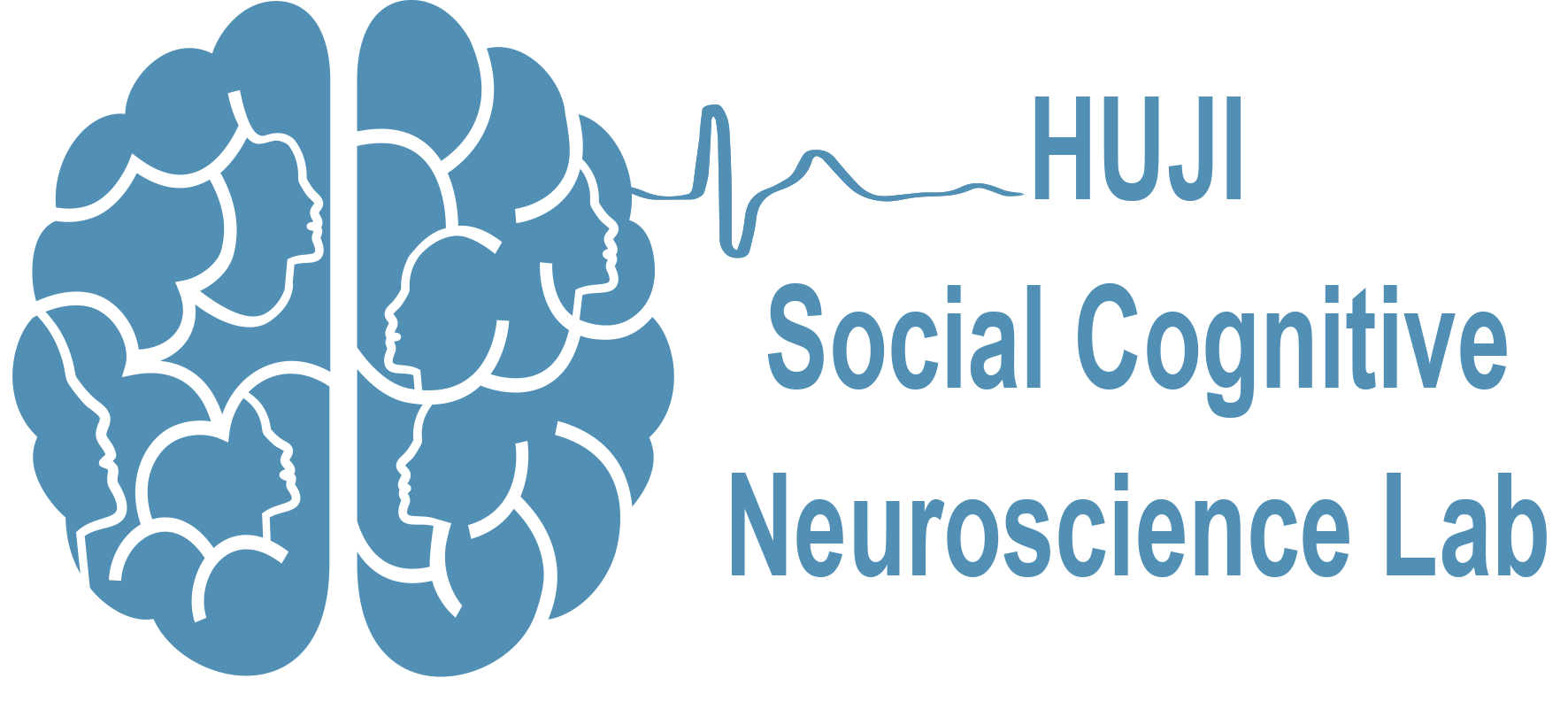
Tom
Gordon, PhD
Post doc
I am post-doctoral research in the lab, under joint mentorship of Dr. Anat Perry and Dr. Shoham Choshen-Hillel. In my current work I examine how empathy is affected by contextual aspects, such as impaired sleep and the number of people towards which the empathy is directed. I completed my MA and PhD at Ben-Gurion University under joint supervision of Prof. Yoella Bereby-Meyer from Ben-Gurion University and Prof. Shaul Shalvi from the University of Amsterdam. During my doctoral studies I focused on conflicts between equity and efficiency in resource allocation dilemmas, and developed the idea that people are not averse to inequity, but rather to the personal responsibility of determining how inequity is implemented (i.e., who gets what). Additionally, I am interested in behavioral ethics, moral psychology, and employment of process-tracing techniques as an unobtrusive way to measure thinking processes underlying people's decisions. Publications:
- Gordon-Hecker, T., Schneider, I., Shalvi, S., & Bereby-Meyer, Y. (In press). When Do People Experience an Equity-Efficiency Conflict? Journal of Behavioral Decision Making.
- Gordon-Hecker, T., Pittarello, A., Shalvi, S., & Roskes, M. (2020). Buy-One-Get-One-Free Deals Attract More Attention than Percentage Deals. Journal of Business Research, 111, 128-134.
- Leib, M., Pittarello, A., Gordon-Hecker, T., Shalvi, S., & Roskes, M. (2019). Loss framing increases self-serving mistakes (but does not alter attention). Journal of Experimental Social Psychology, 85, 103880.
- Gordon-Hecker, T., Rosensaft-Eshel, D., Pittarello, A., Shalvi, S., & Bereby-Meyer, Y. (2017). Not Taking Responsibility: Equity trumps efficiency in allocation decisions. Journal of Experimental Psychology: General 146(6), 771-775.
- Gordon-Hecker, T., Choshen-Hillel, S., Shalvi, S., & Bereby-Meyer, Y. (2017) Resource Allocation Decisions: When do we sacrifice efficiency in the name of equity?. In Li, M., & Tracer, D. (Eds.), Interdisciplinary Perspectives on Fairness, Equity and Justice (pp. 93-105). New York. NY: Springer
- Pittarello, A., Leib, M., Gordon-Hecker, T., & Shalvi, S. (2015). Justification creates ethical blind spots and increase dishonesty. Psychological science. 26(6), 794-804.

